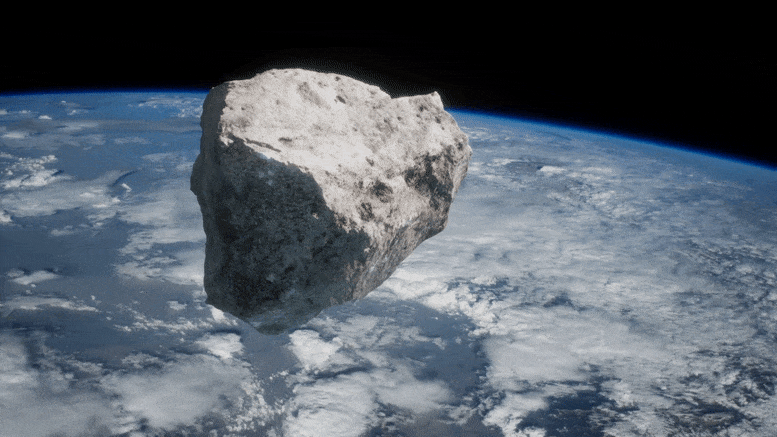When asteroid 2019 OK suddenly appeared barreling toward Earth on July 25, 2019, Luisa Fernanda Zambrano-Marin and the team of astronomers at the Arecibo Observatory in Puerto Rico quickly sprang into action.
After receiving an alert, the radar scientists zoned in on the asteroid, which was approaching from Earth’s blind spot — solar opposition. Zambrano-Marin and the team had just 30 minutes to collect as many radar readings as they could. The asteroid was traveling so fast, that’s all the time she’d have it in Arecibo’s sights. University of Central Florida (UCF) manages the Arecibo Observatory for the U.S. National Science Foundation under a cooperative agreement.
Because the asteroid appeared to come out of nowhere and was traveling so fast, it made headline news.
